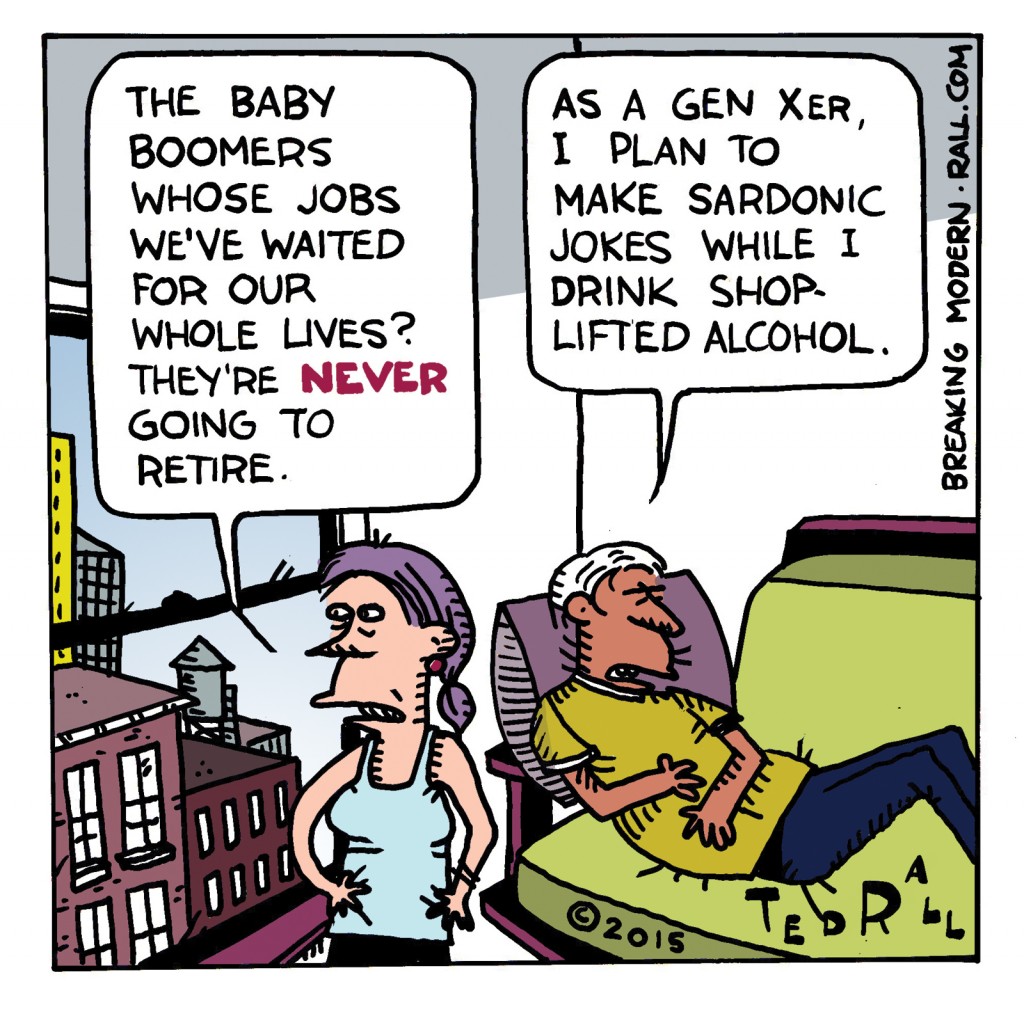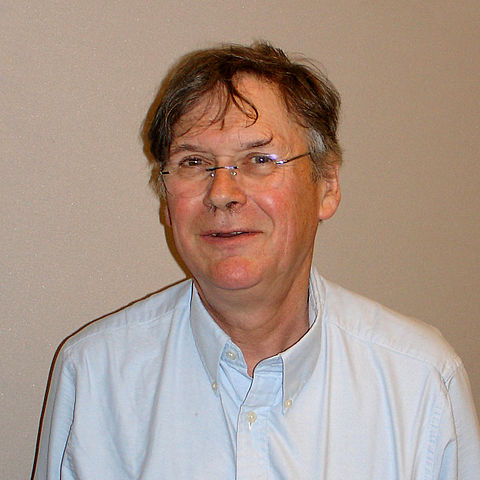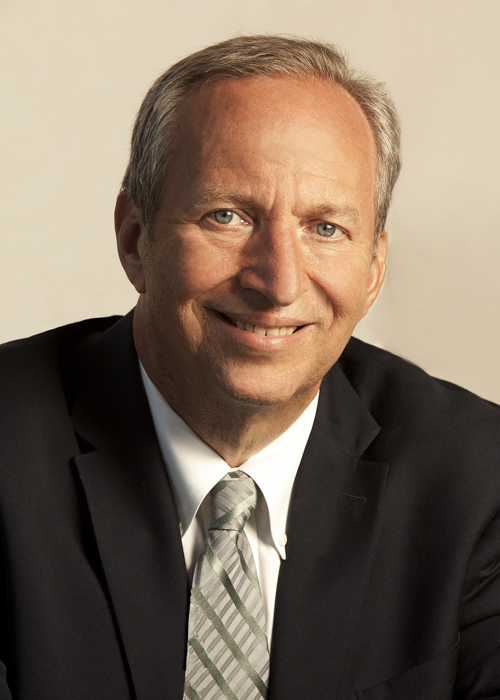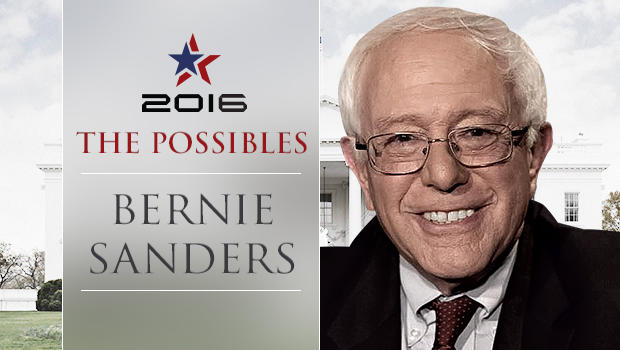Originally published by ANewDomain.net:
Drone operators are burning out, so the Air Force is cutting back on attacks even as Pentagon and CIA officials demand more strikes against the people of Iraq, Syria and Yemen. Armed surveillance drones will only fly 60 times a day by October from a recent peak of 65 as it responds to the attrition of crew members. More drone pilots are worn down by the work than they can train.



 The dating section of Craigslist doesn’t allow filtering. Nevertheless, the racists run wild there, too. “No African-Americans,” people write in their posts, as though MLK and Rosa Parks and Malcolm X had never lived, and civil rights never moved.
The dating section of Craigslist doesn’t allow filtering. Nevertheless, the racists run wild there, too. “No African-Americans,” people write in their posts, as though MLK and Rosa Parks and Malcolm X had never lived, and civil rights never moved.  There’s no controversy about this in the scientific community. One way sociologists measure racism is to
There’s no controversy about this in the scientific community. One way sociologists measure racism is to  What Tim Hunt said isn’t that terrible: After all,
What Tim Hunt said isn’t that terrible: After all,  Sterling and Summers’ remarks were far more offensive than Hunt’s comments.
Sterling and Summers’ remarks were far more offensive than Hunt’s comments. Summers was forced down and Sterling was pushed out, and that’s fine. As president of the most prestigious university in the United States, Summers held power over thousands of women faculty, staff and students. How could they work for him, knowing that he thought they were stupid?
Summers was forced down and Sterling was pushed out, and that’s fine. As president of the most prestigious university in the United States, Summers held power over thousands of women faculty, staff and students. How could they work for him, knowing that he thought they were stupid?


